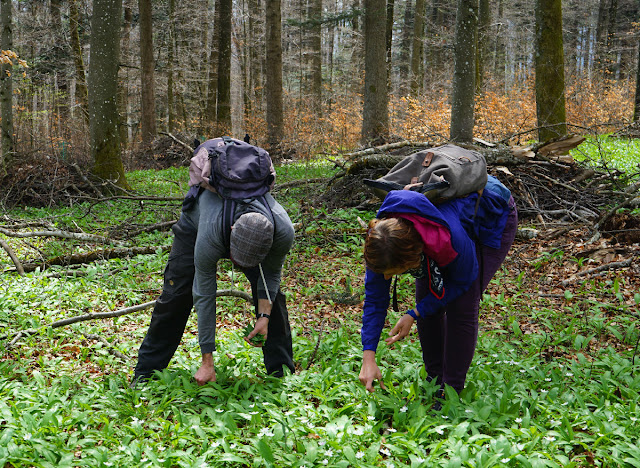 |
| photo by Taliesin River |
The imposed series of hoops and hurdles that comprise a child's journey through the education system is most of what turned me against it in the first place. The competitive nature of our system means that by the end of primary school children are scrambling and scrapping for a place on the social and academic ladder. The top-down power structure of the schools and the school districts and even the government ministry responsible for them is so deeply harmful to kids' sense of personal worth and real accomplishment that by highschool they walk mostly blind in the lines we have trained them for, following the trails they were put upon to the outcomes we had for them. As unschoolers we have been very happy eschewing this for the past 11 years. Even when my kids tried out schools, we were horrified at the uselessness and heart-crushing condescension of learning to follow instructions and to tailor themselves to suit a system that did not suit them. So we returned again and again to the philosophy we trust - the deeply personalized collection of activities that is unschooling: We do nothing more than encourage our kids to look with open hearts and minds, and follow their own dreams.
But sometimes the dream lies square in the middle of the nightmare you've been skirting, and that is the case with my son. He wants to be a scientist - with other scientists. He wants to use labs and other resources that exist mainly in universities, and he has been waiting most of his life to get to that place: University. He goes now to listen to lectures, but never to attend classes; never to work on exciting projects with others; never to push his pursuit further in a true cohort of aspiring scientists. So he finally decided that the easiest way to get to that dream is to go through the system. We checked out some schools, and they all want him to join (of course; their funding relies on him becoming a full-time student), but he knows going to school will just take up time he doesn't have, so he declined. The principal who looked him in the eyes and said he won't have any spares because kids like him get up to mischief if given spare time really clinched that decision for him. Through slightly eclectic means, he plans to get his highschool graduation diploma and apply to university the traditional way.
And suddenly, with my own kid's graduation on the horizon, I see the beautiful thing about having a child graduate: it really is an accomplishment of their own. My son made this choice on his own. My son who feels insecure about math decided on his own to do a traditional math class, and blew it out of the water, apparently. He texted me yesterday, after his last test, to tell me he was finished! By a few hours later and after a science test, he was finished school for the year, and came home delightedly. At first I thought it was relief that I saw in his eyes, until I realized it was pride. He did it! He accomplished some personal goals! He has proven to himself that he, too, can trudge into the system and harvest some accomplishment. And his heart is prepared for next year.
Now I see so many friends posting their kids' graduation photos on social media, and I finally understand. Congratulations to you all for the road you travelled! Congratulations to you, beautiful grads, for the work you've done in finding and attaining your goals!! And congratulations to you parents for raising your children with the confidence to do so.

































